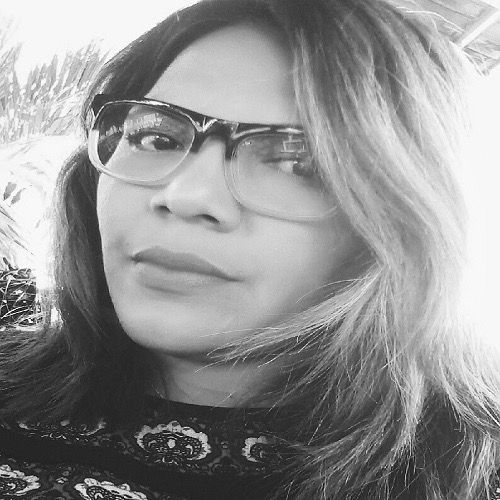Venezuelan journalist speaks up on press freedom

Venezuelan journalist and correspondent for The Press and Society Institute Nayrobis Rodriguez speak up on how Venezuela's political and social crisis has transformed the press and what can journalists do to protect democracy.
Q: Do do you think journalists are free to stand up against the government in Venezuela?
A: The circumstances in Venezuela are totally different compared to the U.S. It is different in all countries in Latin America. Despite all of them suffering from violence, the context is different in each country. Journalists are not there to criticize per se, they are there to denounce and make investigations. They hold a counter-power role- that's the nature of journalism. They say what no one else wants to say and what others wish not to reveal. That is what is universally understood by journalism but here in Venezuela none of that can be done with complete freedom.
Q: What type of restrictions do journalists have?
A: There are many restrictions and many obstacles at the governmental level to publish and access information. There is also an organized system of state agencies willing to intimidate journalists. The political police, national guard, as well as regular groups, are armed to intimidate citizens and journalists.
Q: How would they intimidate journalists?
A: The journalist who dares to denounce the government can be arrested and his passport can be taken away. On top of that, he undergoes a series of physical and verbal abuses that perhaps would never happen in the United States when someone goes against the president.
Q: How do newspapers survive in this political climate?
Many media outlets are now in service of the state and not the citizens as it should be. The political scenario is also leading to the gradual closure of print media after the government commissioned a state-owned company the delivery of basic supplies for newspaper printing such as paper and ink. These companies suffocated all independent media to the point they had to close. I worked in a newspaper that closed just for being an independent news system. The newspaper could not bear the restrictions that this organization put on the delivery of basic supplies. There have been dozens of newspapers closing throughout the country for the same reason and those that survive do a very titanic task. These organizations believe they have the right to lacerate the physical integrity of journalists who are covering street protests. It has happened countless times, especially in the context of political protests.
Q: Has the Venezuelan political propaganda devaluated how journalism is seen by the Venezuelan people?
Our profession was devalued by our society because when there is political propaganda that is responsible for alienating the social conscience, such messages began to prevail over our work, even when journalists did an excellent job, were excellent investigators, followed the ethics and were committed to the laws and the truth. The duty of journalism is to denounce what he is doing following professional ethics and the laws- even more in the U.S. where freedom of expression laws are much more solid than they can be in any country in Latin America.
Q: How can journalists denounce this without discarding his professionalism and objectivity?
There are things that are not negotiable. If you are attacked as a professional, it is not unethical to denounce that what is being said is not true and be responsible with you, with your profession, and with your colleagues. You cannot say "he offends me because I'm not a Republican," that would be a defense around individual political ideals that journalists cannot get attached to, but there is a defense around the right of an employee to be respected and to work in a safe environment. That should not be negotiable and that is what you have to denounce.
Q: Does this create bias?
A: I belong to several organizations such as the National Union of Workers of the Press of Venezuela and the Institute of Press and Society, where we do activism in defense of freedom of information, which by no means that implies that we are biased. We are defending our rights and denouncing the cases of aggression, we are telling people their workers’ rights, for the sake of society and journalism. That does not mean that we are against or in favor of a government, although any journalist will be against a dictatorship. You must denounce against the restriction of information or when the integrity of a journalist is disrupted; those are specific cases that have nothing to do with a political bias.
0 Comments Add a Comment?